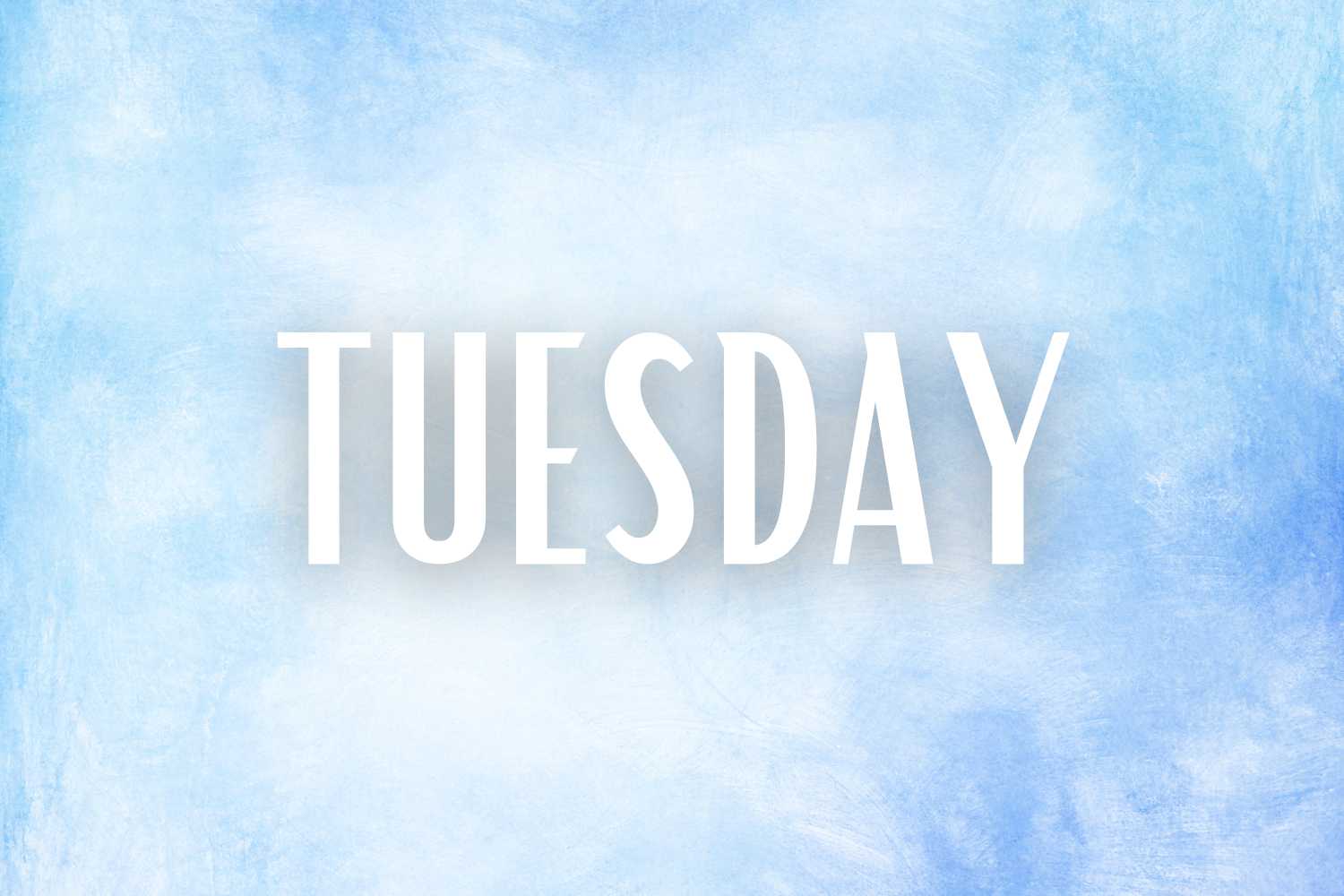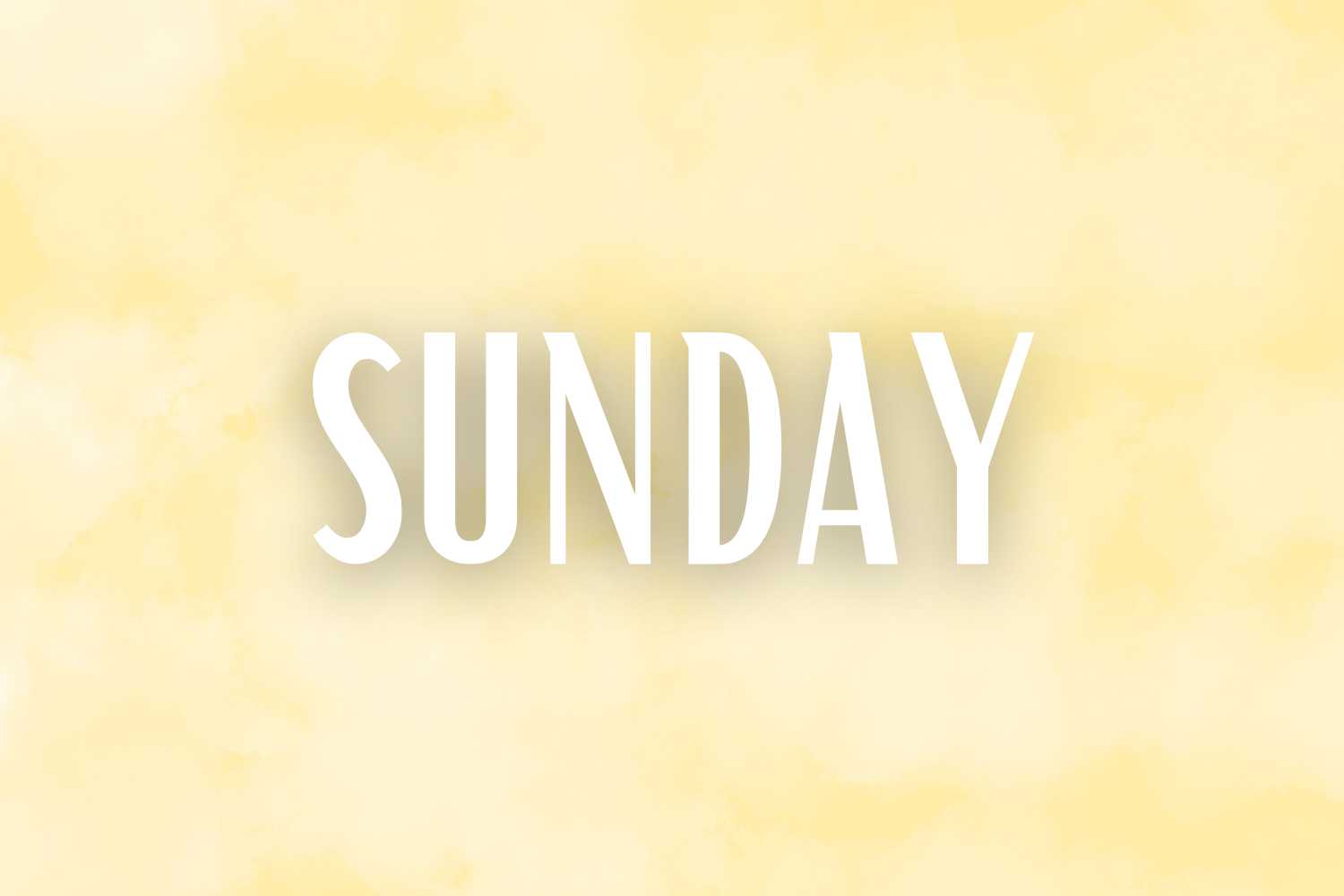The Days of the Week: A Journey Through History and Modern Trends

Have you ever stopped to think about the days of the week and their significance beyond just marking the passage of time?
The days of the week carry with them a rich history and a blend of tradition and modernity. While their origins often lie in ancient myths and religious beliefs, they continue to evolve with contemporary trends and lifestyles playing a significant role in shaping our lives and culture.
Whether you spend your Sunday at brunch, embrace Monday as a fresh start, or celebrate "Hump Day" on Wednesday, each day of the week offers its unique opportunities for growth, enjoyment, and reflection in our fast-paced world.
Sunday - A Day of Rest and Reflection
Sunday, the first day of the week in most calendars, has deep religious roots. It takes its name from the Sun, which has been worshipped in various cultures throughout history. In Christianity, Sunday is the day of rest and worship.
Today, it remains a day for relaxation and reflection, but modern trends have also made it a popular day for brunch, outdoor activities, and social gatherings.

Monday - A Day for a Fresh Start
Monday, named after the Moon, symbolizes a new beginning. In many cultures, Monday is associated with work and productivity. The concept of the "Monday blues" suggests that it can be a challenging day for some, but it's also an opportunity to set goals and kickstart the week.
Today, Monday is often seen as a day for motivation and self-improvement, with many people embracing wellness practices and goal-setting.

Tuesday - A Day for Strength and Determination
Tuesday, named after the Norse god Tyr (or Tiw), is associated with war and conflict. Interestingly, many historical battles took place on Tuesdays giving the day a sense of strength and determination.
Today, Tuesday's connection to energy and determination has led to it being a popular day for re-energizing. Workouts and fitness routines, work meetings, starting new projects, are all popular on this day. "Taco Tuesday" is another modern trend, where people enjoy Mexican cuisine on this day.

Wednesday - A Day to Pause for Inspiration
Wednesday, named after the Norse god Odin (or Woden), represents the midpoint of the workweek. It's often seen as a day to catch your breath, plan for the rest of the week, and seek inspiration.
Modern trends have given rise to "Hump Day" celebrations, where people find ways to make the midweek more enjoyable.

Thursday - A Day of Power and Anticipation
Thursday, named after the Norse god Thor, has connections to thunder and storms and carries a sense of power and anticipation.
Today, Thursday has become a popular day for socializing, with "Thirsty Thursday" being a common term for going out for drinks and entertainment.

Friday - A Gateway to the Weekend
Friday, named after the Norse goddess Frigg, is a day of celebration and anticipation. In many cultures, it's associated with joy, a sense of freedom and festivity.
Today, modern trends have turned Fridays into "Casual Fridays" at work, where employees dress more casually, and "TGIF" (Thank God It's Friday) is a common expression of relief and excitement for the weekend.

Saturday - A Day of Leisure
Saturday, named after the Roman god Saturn, has always been a day of leisure and enjoyment. It's the weekend's peak, a time for relaxation, hobbies, and entertainment.
Today, Saturdays are filled with a wide range of activities, from sports events and parties to cultural outings and family time.
So, make the most of your days and find your own ways to appreciate the history and trends that shape them.





